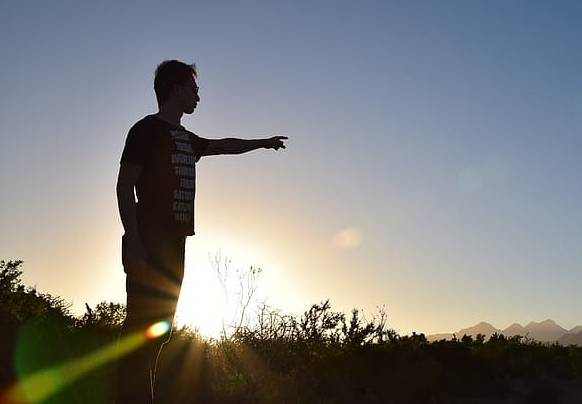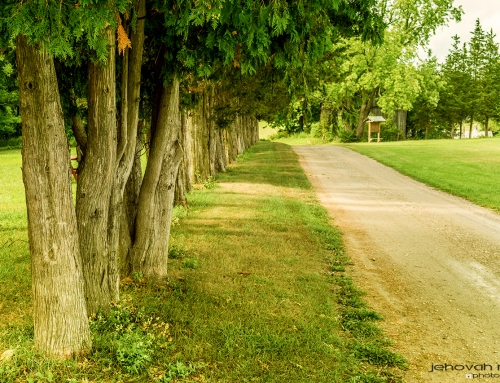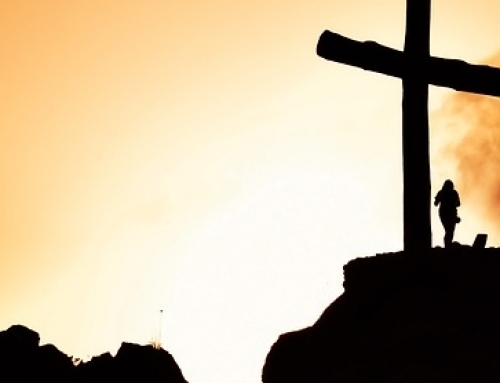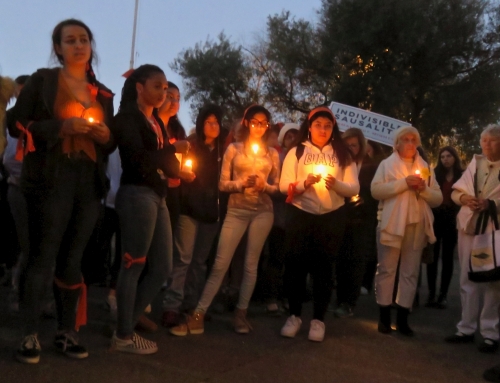
At midnight on October 17, 2018, Canada became a nation that altered its laws to allow the recreational use and possession of cannabis. Under the Liberal government of Prime Minister Justin Trudeau, the option of the decriminalization of cannabis was bypassed and the legalization of cannabis was pushed through the political structures meant to safeguard our nation from negative influences.
The pace at which this was accomplished has left law enforcement, social services, the medical community, businesses, schools, universities and many segments of society including governments at the provincial and municipal levels bracing for the impact of what it means to deal with the use of cannabis in the open stage.

How does the church in Canada respond? More specifically, how do individuals who call themselves believers of Jesus navigate their faith in the face of the legalization of marijuana? Like any other seismic movement in our society, the legalization of marijuana represents to the church a clarion call to the evaluation of the purpose for which the church exists.
In this article are the first two motivators to mobilization of the Christian. More will follow in future articles.
Start at Sermon on the Mount
First, the statement of purpose for the church has not changed for the last 2000 or more years. When Jesus compressed the ethic of the Kingdom of Heaven into what we call the Sermon on the Mount in chapters 5 through 7 of the Gospel according to Matthew, He had waded into a world that was at odds with God. John 3:19 reminds us that “people loved darkness rather than light” and Isaiah described humanity as groping for the wall like the blind (Isaiah 59:10).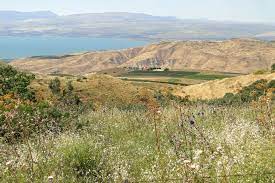
It may surprise the most well meaning in our churches that the popular vote that brought Prime Minister Trudeau into power did so on the smoking horse of marijuana legalization. A large number of our good Canadian citizens – friends and indeed neighbours (in a biblical sense) – are in favour of it. Thus the church has been called to grapple with what it means to be salt and light in the most loving manner at the risk of being unpopular. I don’t think expressing disgust for our governing authorities or for our weed smoking populous at all expresses the attitude that Jesus took towards His own twisted society. Instead, He called the Christian to a happiness that THC cannot duplicate, and an inward authenticity that comes from knowing the God of love that the users of cannabis can only long for in their desperate hunt for euphoric relaxation. The relief from persistent anxiety and hunger for transient fun that many who seek the weed find so elusive are answered by the Saviour’s gentle invitation to “seek first the Kingdom of God and His righteousness” that results in the finding and overflowing of true relief and genuine joy.
If in the very heart of the Sermon on the Mount, the believer in Jesus finds such unparalleled treasure, it is far better to “light a candle rather than rage at the darkness.” Hence, the imperative to share the True Life of Jesus with those who, like the woman at the well of John 4, seek to drink water that would cause them to thirst again, must be our first call.
A Watchman on the Wall
 Second is the ministry of attentive warning. Historically, Christians have taken two pathways in the face of societal decline and the subsequent attack on the Christian faith. The first is to run and hide. The first pilgrims to populate the shores of the Americas were those escaping intense persecution of Europe. Anabaptists, of course, were great examples of these. These Christians who endured attack from their own society sought out the isolation of an agrarian life, choosing to live in undisturbed isolation in their declaration of pacifism. While this may seem noble, the opportunity to speak and live the faith of Jesus as fellow diaspora in the Canadian society of our early history was lost to an attitude of cloisterism. The second is to stand and fight. The many movements that have arisen from these warriors of the faith include great successes like the battle against child illiteracy in the Sunday School movement, or the emancipation of slaves, or the rights of women. But equally terrible aspects of this history has been found in the church’s culpability in the cultural genocide of the First Nations, the agitation for violence in the Middle East, and the loveless approach to gender orientation.
Second is the ministry of attentive warning. Historically, Christians have taken two pathways in the face of societal decline and the subsequent attack on the Christian faith. The first is to run and hide. The first pilgrims to populate the shores of the Americas were those escaping intense persecution of Europe. Anabaptists, of course, were great examples of these. These Christians who endured attack from their own society sought out the isolation of an agrarian life, choosing to live in undisturbed isolation in their declaration of pacifism. While this may seem noble, the opportunity to speak and live the faith of Jesus as fellow diaspora in the Canadian society of our early history was lost to an attitude of cloisterism. The second is to stand and fight. The many movements that have arisen from these warriors of the faith include great successes like the battle against child illiteracy in the Sunday School movement, or the emancipation of slaves, or the rights of women. But equally terrible aspects of this history has been found in the church’s culpability in the cultural genocide of the First Nations, the agitation for violence in the Middle East, and the loveless approach to gender orientation.
To be candid, all historical paths must square fully with Biblical instruction to be effectively declared to be God’s intended purpose for His people in this world. In the face of the actions of the Canadian government in the legalization of marijuana, the church is pressed to the wall to decide what to do. Are we once again going to run and hide, or stand and fight? The answer must not be given hastily since history teaches us that either road has the fruit of good and is likewise fraught with error.
Consider then the instruction of Peter in the face of spiritual danger – “be sober minded, be on the alert” (1 Peter 5:8). This, perhaps, is the most valuable lesson for today. When God revealed to the Prophet Ezekiel that his people stood on the slippery ground of spiritual and social decay, the job that was given to this “son of man” (that is, one who is among the people) was to see himself as a watchman on a wall. That watchman was not to run or to fight; he was to warn, to awaken, to educate, to expose, to make known the slumber of the people and the activity of those who have come to attack them.
Believers in Jesus who understand the role of the watchman are not in the state of passive rest. They know the harms of marijuana use on the brain and are able to speak articulately on the chemical alterations that smoking weed would have on the brain even up to the age of 20. They are able to warn those who would listen of the impact of tar accumulation in marijuana use that exceeds the tar accumulation of cigarette use by 500%. They would be careful to speak into places where legislations and policies are made regarding the effect of marijuana second hand smoke in public and semi-public places. Should such trumpet calls be left only to the Ministry of Health or to political activists?
But is that it? Can we not wade into the battle? Consider the situation that Moses finds himself in at the edge of the Red Sea as the people flee the pursuit of the Egyptian army. Fight or fly? With God inspired wisdom, Moses turns to the people and says, “Stand still and see the salvation of the Lord.” May God give His church the same inspired wisdom to choose to be the watchman on the wall, then see God work to save without lifting a finger to fight!

